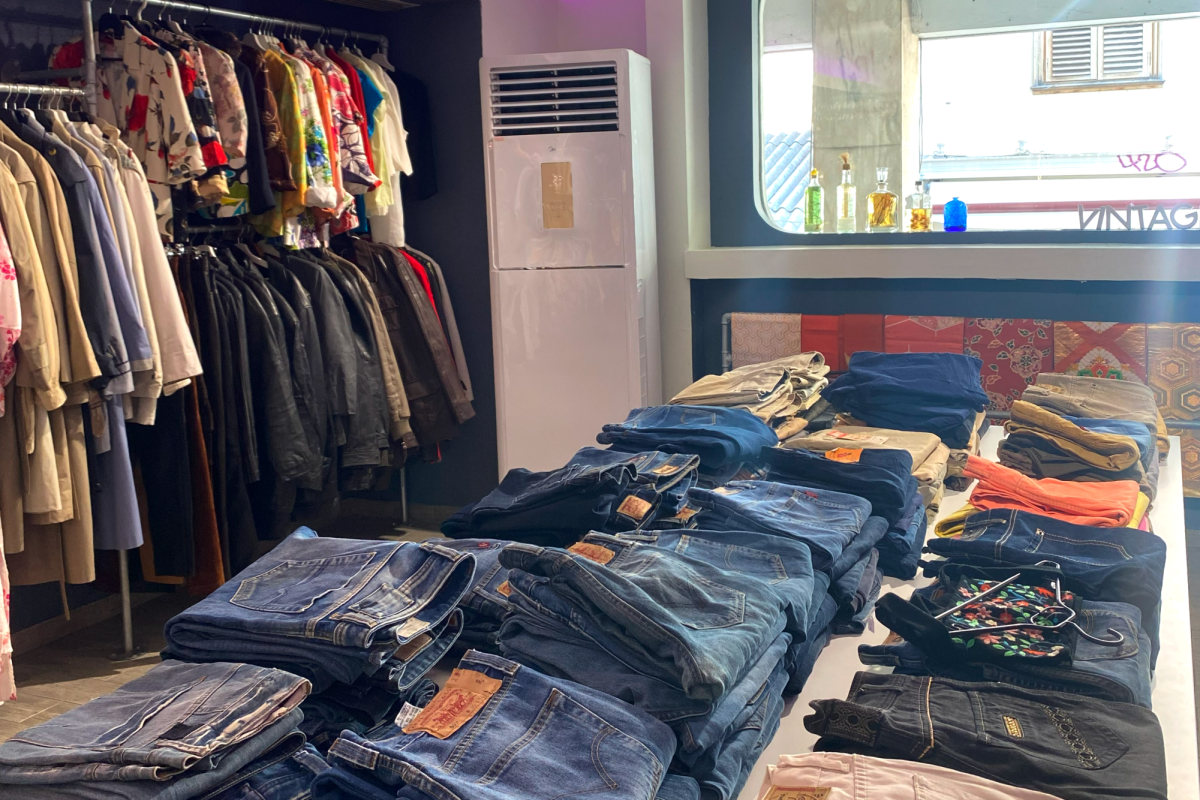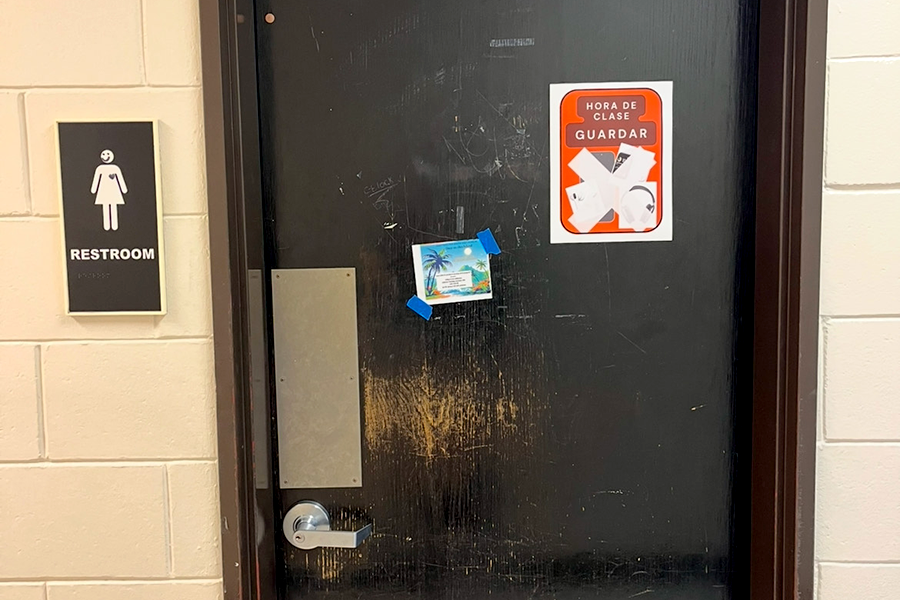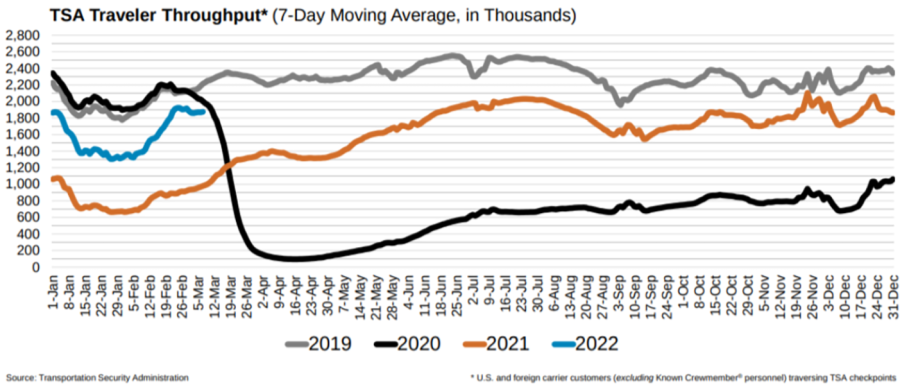As seniors finish their last classes at South, all are considering their future after graduation. Many are planning to attend a four-year institution or a two-year college. However, there are some South students that have a different future in mind.
As budding hairdressers, barbers, and cosmetologists, some students turn to cosmetology school, colloquially called beauty school. Most of these schools offer many different training programs, such as general cosmetology, hair styling, nail technology, makeup, and electrolysis.
One South senior, Mercedes Young, is considering a career in either architecture or cosmetology. The cosmetology business runs in her family. She even attended the cosmetology program at Edison High School before coming to South.
In Edison’s program, students take various courses to accumulate over 500 hours of training. This allows students to complete almost a third of the 1550 hours required for Minnesota licensure, while still going to school. Students in the program take basic health and beauty courses, as well as more advanced, specialized courses such as nails and skin, or color and chemicals.
Young’s passion in particular is hair and skincare, and she already practices her skill. “I love doing hair, and it’s just so fun to learn new things about hair, and how to do facials,” she said. “I know how to take care of my skin better, and take care of my hair better, so it’s helpful for me.”
According to the National Accrediting Commission of Career Arts & Sciences, as of 2007 there were over 1,680,000 professionals employed in salons and shops. Cosmetology as an industry isn’t showing signs of slowing down with the dragging economy, either.
The Bureau of Labor Statistics (BLS) predicts the industry to grow at a rate of 14% through 2020. Just in 2010, there were over 739,000 salons in the United States, according to IBISWorld.
The salon and spa industry has actually out-performed the rest of the private sector in the face of the United States’ recent recession. According to the BLS, between 2008-2009, the private sector endured a 1% loss in business, while the nation’s spa and salon industry only lost 130 business – a 0.1% decline.
One concern of attending cosmetology school is that it won’t provide an adequate education to make a high school graduate competitive in today’s difficult job market. However, expenditures and employment have both grown in this field, and prospective cosmetology students see greater benefits in attending a vocational college.
“I would rather go study something that I’m actually interested in, instead of going to a 4- or 2-year college where I’m studying something that I’m nowhere near interested,” said Young. “I feel like I’m going to be wasting my money if I don’t go to a cosmetology school or a fine arts school.”
As a $40 billion industry, cosmetology shows promise for students. A vocational education like that in cosmetology provides an alternative to traditional universities, as well as an opportunity for students to study and pursue what they’re truly interested in.













